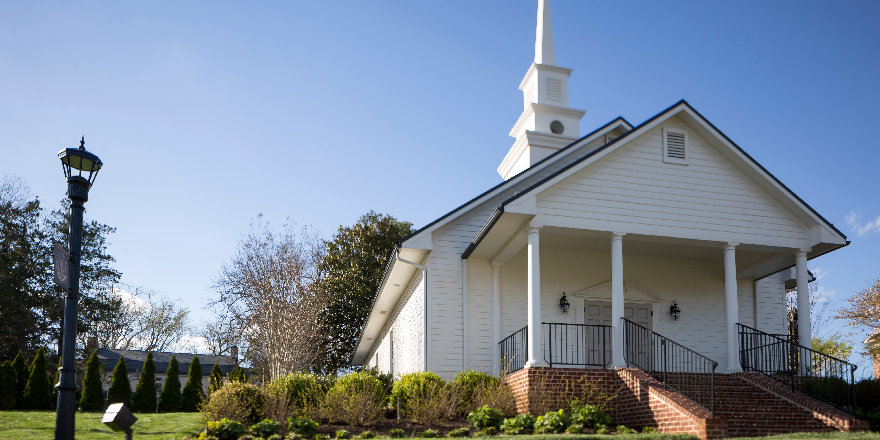The Surprising Benefits of Faith-Based Universities
Perks and bonuses of faith-based education that you may not have considered!


You may not realize that Harvard, Yale, Princeton, and Brown University — four of the most highly ranked universities in the US — all started as faith-based schools. While they no longer have denominational affiliations, it can be argued that a strong connection exists between their excellent academic reputation and the deep religious foundation that was laid in their early days.
Since over a quarter of all universities in the US are classified as faith-based, it's important to understand what the term means. Even more important is the question, Why consider such a school for you or your child's education, even if you don't consider yourself a person of 'faith?'
Distinctive Features of Faith-Based Schools
Faith-based schools orient both their curriculum and campus life around a particular worldview. At Liberty University, the worldview is Christian, as defined by the Bible. Professors' teaching is consistent with the school's worldview, so you won't get a mixed or confusing message in matters of ethics, morality, history, or philosophy. This is not to say that you're required to accept or believe any particular perspective — however, the post-secondary experience provides you with multiple opportunities to study a full range of beliefs and lifestyles. This means you can make informed and well-considered decisions, at a critical time in your life, about what you'll believe and how you'll live.
Many faith-based schools also discourage or prohibit certain practices such as alcohol consumption, tobacco and drug usage, and pre-marital sex. At Liberty University, our code of conduct and single-sex dorms promote the development of healthy habits along with wholesome relationships between members of the opposite sex. You can concentrate on your studies, career preparation, and a relaxing social life while avoiding the distractions of such things as males with access to female dorms and the painful effects of substance abuse.
Benefits of Faith-Based Schools
Faculty and staff at faith-based universities understand that students like you, typically between the ages of 18 and 25, are living away from home for the first time. During this formative period, you're transitioning from being a teenager to a young adult. You're making major life decisions, perhaps without the active involvement of your parents. Your choice of career, relationships, lifestyle, habits, and beliefs are all heavily influenced by what takes place during your university years; especially the friends you associate with, the professors you study under, and the activities you get involved in.
Freshmen students at Liberty have no fewer than six mature students looking out for them and connecting on a regular basis, including resident advisers, resident shepherds, and community group leaders. Students enroll in worldview courses helping them to understand the major issues of the day and guiding them to make informed decisions on where they stand in respect to those issues. Christian faculty also serve as mentors to their students and take a personal interest in their success.
A final reason for giving faith-based universities serious consideration is campus safety. Such schools tend to attract students raised with a strong set of morals. Peer pressure, which is generally thought of as a negative factor, can be a positive at faith-based schools. Additionally, the absence of drugs, alcohol, and co-ed dorms results in significantly lower campus crime rates than secular universities. It's no coincidence that Liberty University has the highest safety ranking when compared to other Virginia schools with dormitory housing.
Focus on the Whole Person
Faith-based universities have much to offer and deserve serious consideration in the college choice process. By focusing on the development of the whole person, mind, body, and soul, graduates are in demand by companies who are increasingly considering factors such as character and work habits in addition to technical competence.
Click Here to Learn More!